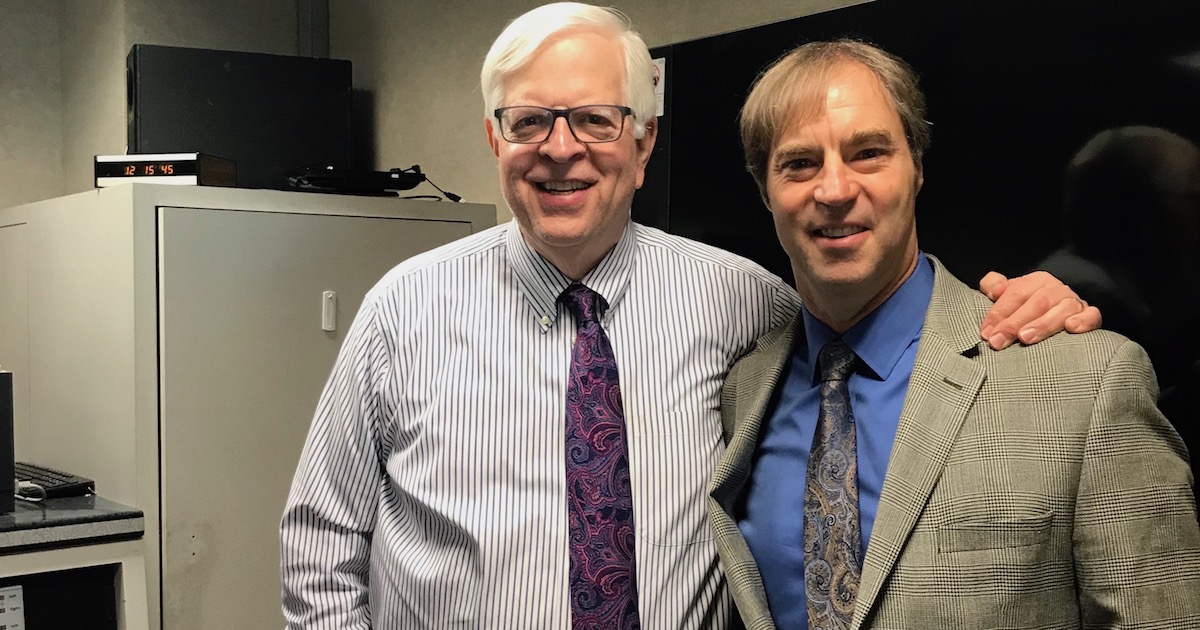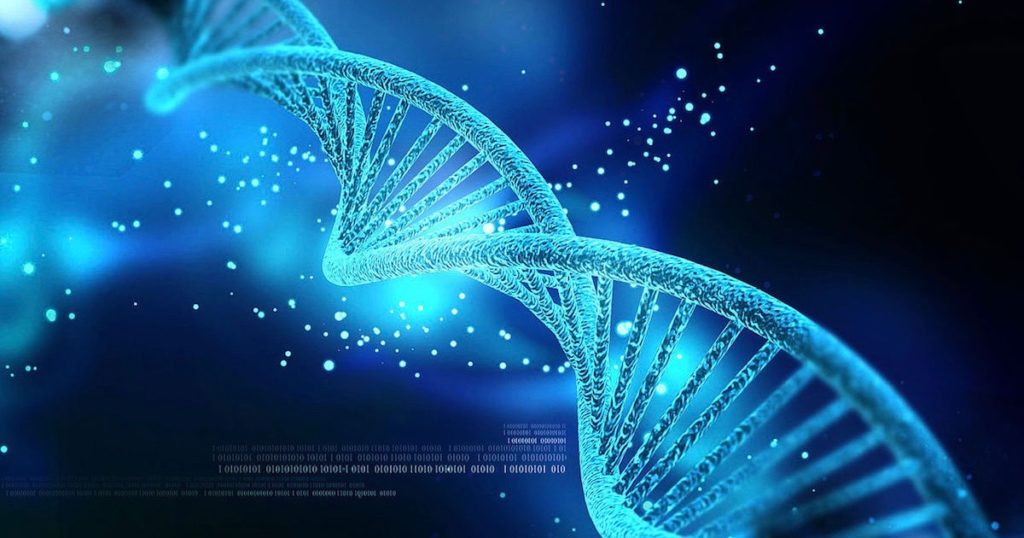
Michael Behe Reads from His New Book
On this ID the Future, Lehigh University biochemist Michael Behe reads from A Mousetrap for Darwin, his latest book making the case against blind evolution and for intelligent design. The volume contains some brand new material alongside a substantial collection of essays he’s written over the years in response to critics of his three previous intelligent design books. His pro-Darwin critics have jumped all over Behe. Some have even claimed he’s ignored their objections. A Mousetrap for Darwin gives the lie to that charge. Behe has answered his critics, and done so decisively, in everything from the New York Times and prominent blogs to major science journals. Listen in as he lays the groundwork for his fourth fascinating book, in his inimitably clear and winsome style.







